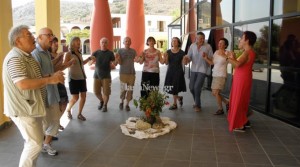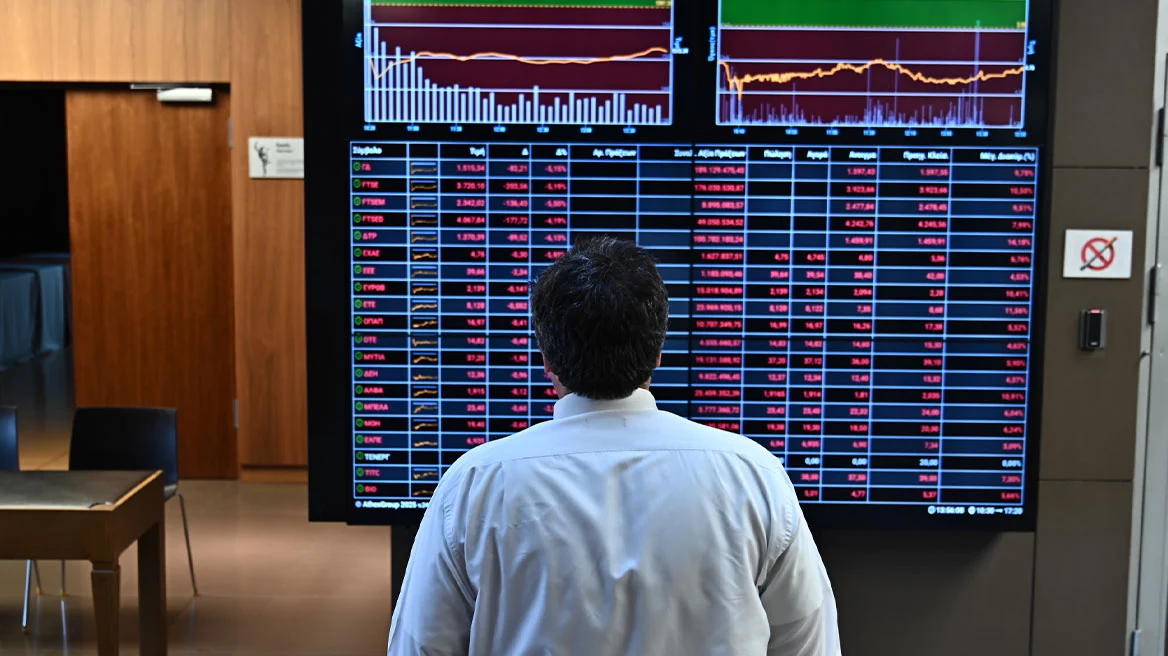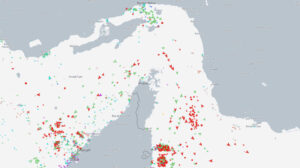Relations between Greece and Germany are probably not considered as being at a highpoint, due largely to the ongoing economic crisis and the perception, cultivated to a large extent by media, between the two people about each other’s role in the whole situation. But that doesn’t prevent everyday folk from exposing themselves to the positives of what the other culture has to offer. Take for example a group of Germans, who have incorporated traditional Cretan dances in their Kindergarten school as a therapeutical method for young children. The initiative was taken up by two Germans, Pavlos and Thalassini (the Greek names they have adopted), who are in love with Crete and are organising Cretan dance seminars to expose their compatriots to an alternative means of promoting the psychological and therapeutical benefits of the traditional dance. Although no one on the group speaks or understands Greek, except the two organisers all members have become enamoured with the whole idea. The two organisers say that even though the Cretan dance is seen as a mechanical spectacle at celebrations, it really holds some more profound qualities for dealing with feelings of sorrow and happiness, almost redemptive. ‘Through the dance you learn how to give and take. It is an understanding that occurs not with the mid but with the rhythm’. They even refer to a saying by the famous Greek philosopher, Plato who said that those who have not danced are uneducated! The two have introduced the Cretan dance into German Kindergarten, as one of the group’s members is a special education teacher and have seen positive results in how the children interact with each other.
Ask me anything
Explore related questions





